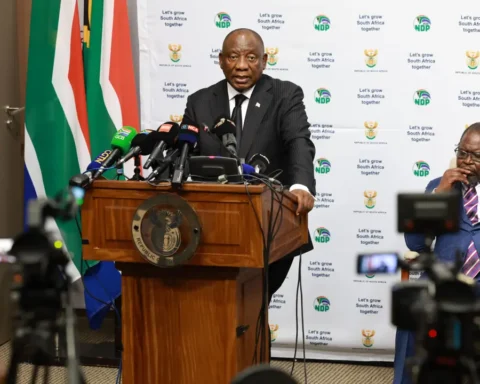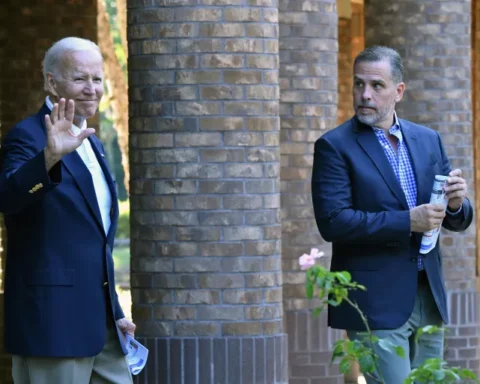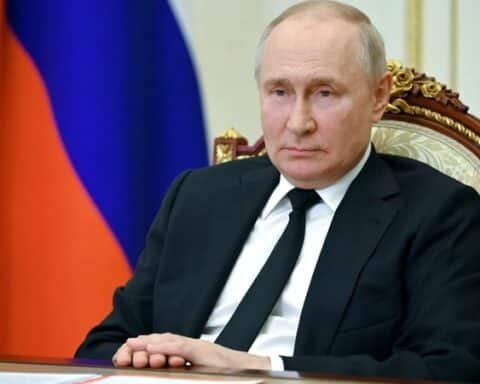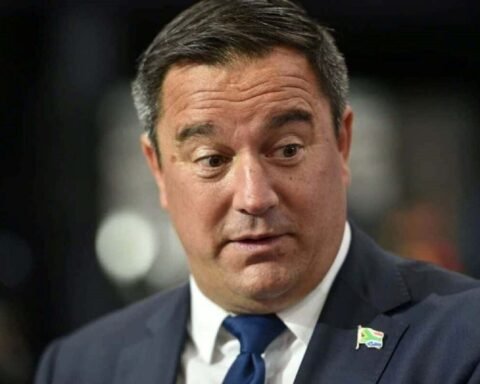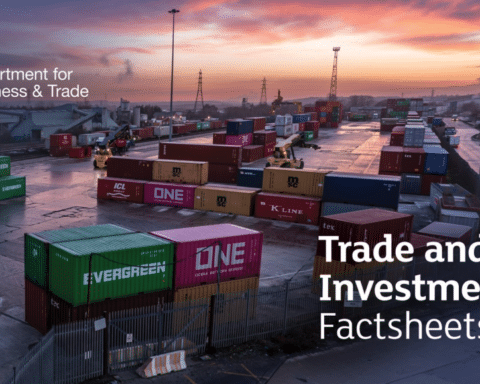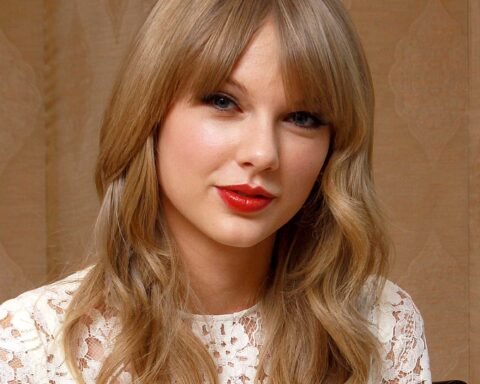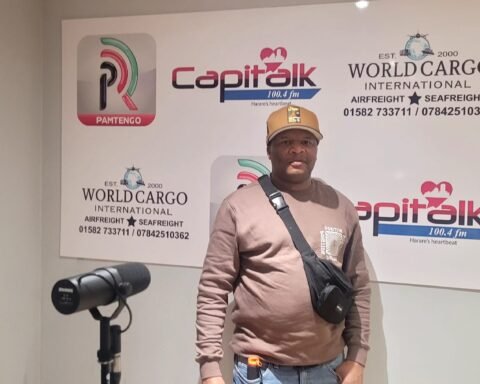US President Donald Trump visits Jerusalem on Monday to seek ways to achieve Israeli-Palestinian peace, a goal that has eluded his predecessors but which he says could be easier than “people have thought”.
Trump’s visit is part of his first trip abroad as president and follows an initial stop in Saudi Arabia, where he urged Islamic leaders to take a stand against violence committed in the name of religion. It also comes as he contends with a raft of problems back home, including a special counsel investigating whether his associates colluded with Russia.
Trump is due in Tel Aviv on Monday afternoon and, ahead of talks with Israeli prime minister Benjamin Netanyahu, will tour two iconic sites in Jerusalem, a city holy to Muslims, Christians and Jews. His first stop will be the Church of the Holy Sepulchre, built at the site where Christians believe Jesus was crucified, buried and resurrected.
 Afterwards, he is expected to become the first sitting US President to visit the Western Wall, the holiest site where Jews can pray and located in east Jerusalem. The Western Wall visit drew controversy before Trump even left Washington, when US officials declined to say whether it belonged to Israel.
Afterwards, he is expected to become the first sitting US President to visit the Western Wall, the holiest site where Jews can pray and located in east Jerusalem. The Western Wall visit drew controversy before Trump even left Washington, when US officials declined to say whether it belonged to Israel.
“Jerusalem was and will always be the capital of Israel,” Netanyahu said late Sunday. “The Temple Mount and the Western Wall will always remain under Israeli sovereignty.”
Israel occupied east Jerusalem and the West Bank in 1967 in moves never recognised by the international community. It later annexed east Jerusalem and claims the entire city as its capital. The Palestinians see east Jerusalem as the capital of their future state.
“I will discuss with President Trump ways to strengthen even further the first and strongest alliance with the US,” Netanyahu said Sunday. “We will strengthen security ties, which are strengthening daily, and we will also discuss ways to advance peace.”
The United States is Israel’s most important ally, providing it with more than $3 billion in defence aid annually. On Tuesday, Trump will meet Palestinian president Mahmud Abbas in Bethlehem in the West Bank, visit the Yad Vashem Holocaust memorial in Jerusalem and give a speech at the Israel Museum.
Any leader would face an enormous challenge in seeking to bring the Israelis and Palestinians together for meaningful talks, and Trump’s inexperience and domestic political struggles will only add to it.
He has spoken of his self-described deal-making prowess in declaring that the “ultimate deal” is possible, vowing “we will get it done”. “It is something that I think is frankly maybe not as difficult as people have thought over the years,” Trump said when meeting Abbas in Washington earlier this month.
Trump has sent mixed signals about how he will approach the Israeli-Palestinian conflict. He cast uncertainty over years of international efforts to foster a two-state solution when he met Netanyahu at the White House in February.
At that meeting, he said he would support a single state if it led to peace, delighting Israeli right-wingers who want to see most of the West Bank annexed. At the same time, he urged Israel to hold back on settlement building in the West Bank, a longstanding concern of Palestinians and much of the world.
Trump advocated during his campaign breaking with decades of precedent and moving the American embassy from Tel Aviv to Jerusalem, deeply alarming Palestinians. He has since said the move was still being looked at.
Trump’s seeming openness to at least some of Abbas’s concerns has given Palestinians more reason for hope than many may have expected, but still reason to remain wary, some analysts say. On the Israeli side, Netanyahu heads what is seen as the most right-wing government in the country’s history, and members of his coalition were elated with Trump’s election.
Some even called for an end to the idea of a Palestinian state. Trump’s actions since have left them disappointed, with the embassy remaining in Tel Aviv—at least for now —and the White House seeking to restart peace efforts.
In Saudi Arabia on Sunday, Trump told dozens of Muslim leaders the time had come for “honestly confronting the crisis of Islamic extremism”. He also lashed out at Iran, accusing Tehran of fuelling “the fires of sectarian conflict and terror” and calling for its international isolation.
After Israel and the Palestinian territories, Trump will head to the Vatican along with Brussels and Italy for NATO and G7 meetings.
